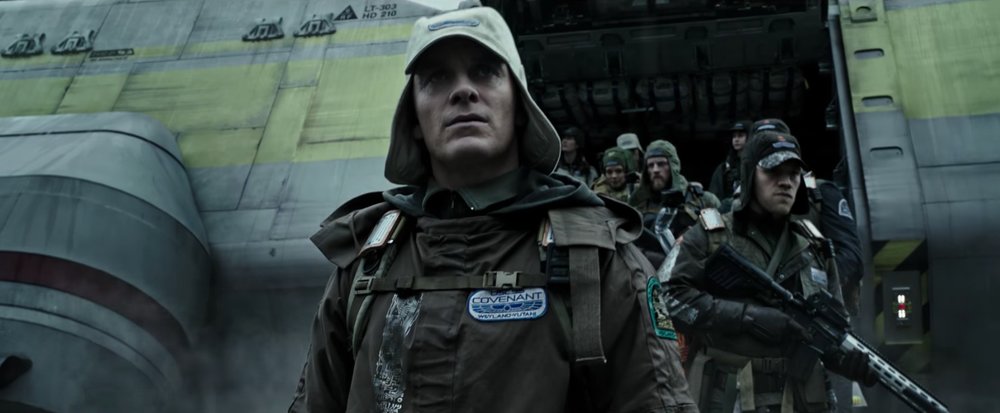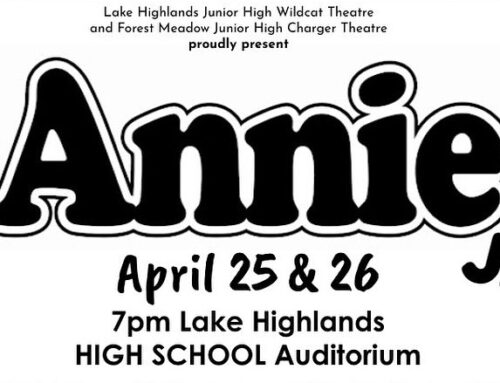
Alien: Covenant
Although Alien: Covenant doesn’t answer all of the questions or tie up all of the loose ends stemming from Prometheus (2012), it goes a long way towards cleaning up that hot mess, and it’s easily the most satisfying Alien film since the 1980s. (Note: That definitely should not be interpreted as damning with faint praise.)
Director Ridley Scott and screenwriters John Logan and Dante Harper have a firmer grasp of where they’re going and what the their themes are with this iteration, and find a fine balance between the sci-fi horror of 1979’s seminal Alien and the existential dread of the aforementioned Prometheus. There’s still an unavoidable sense of familiarity with the material — we’re six films into the series now, eight if you count the (ugh) Alien vs. Predator movies — but Scott and company find some tantalizing new territory ripe for deep-space nightmares.
The story begins with a brief but compelling prologue in which the android David (Michael Fassbender) is first activated and meets his maker, mega-rich CEO Peter Weyland (Guy Pearce), both introduced in Prometheus. It then jumps ahead to ten years after the events of that movie, introducing us to the crew of the ship Covenant, whose cargo is 2,000 hibernating colonists and 1,100 embryos on their way to a far-flung world. Those plans change when a solar flare damages the ship and kills some of its occupants. The new captain, Oram (Billy Crudup), decides to lead them to the source of an unexpected radio signal on a nearby, unmapped, and seemingly habitable world.
The planet is beautiful yet subtly eerie; beneath it’s violently stormy atmosphere is a mountainous yet lush landscape (courtesy of location shooting in New Zealand) that lacks animal life but grows wheat. Naturally, everything goes sideways less than an hour after they land. The twists and revelations won’t be spoiled here beyond the obvious: If you’re part of the crew in an Alien movie, you’re pretty much screwed. Cue the poor decision-making, screaming, running, and explosions of gore.
Thus the only major weak spot in Covenant, the fact that it’s cast of more than a dozen is mostly there as fodder. We don’t get a chance to get a feel for the majority of them before they are, nor are we meant to. (Even James Franco gets nothing more than a cameo, likely to due to decisions in the editing bay.) That said, it’s leads do leave a lasting impression, especially Kate Waterston as the mission’s pragmatic terraforming expert Daniels, who plays like a more vulnerable Ripley, and a surprisingly subdued Danny McBride as the ship’s ballsy pilot, Tennessee.
Ultimately, the movie belongs to Fassbender and his double role as David and later-generation android, Walter. Whereas David’s loyalties were conflicted and questionable, Walter is a more dedicated model, though one with his own inner turmoil. Fassbendeer makes the most of it when the two inevitably meet in scenes that crackle with dramatic energy and even some erotic undertones. The subtle differences he imbues in two nearly identical beings are stunning. In retrospect, it’s no surprise that Fassbender’s best co-star to date should turn out to be himself.
The open ending leaves some questions unanswered and much potential going forward, which is clearly what Scott has in mind, having recently hinted at at least one more Alien film, with filming possibly starting as early as next year. Close to turning 80, he seems newly reinvigorated in the creative sense. He leaves us eager to see where he intends to take us next with his beautiful nightmare.





